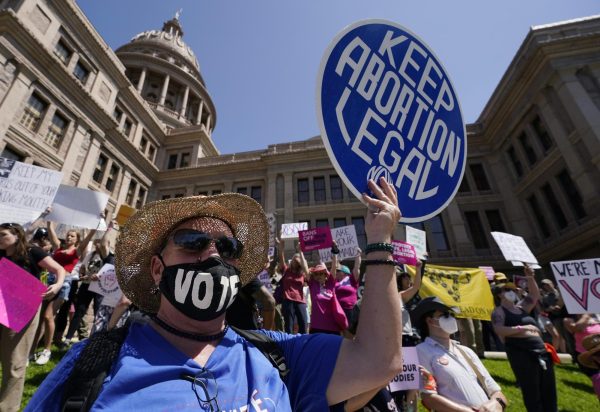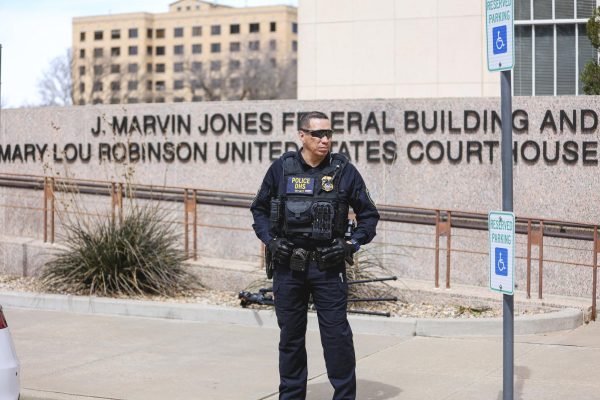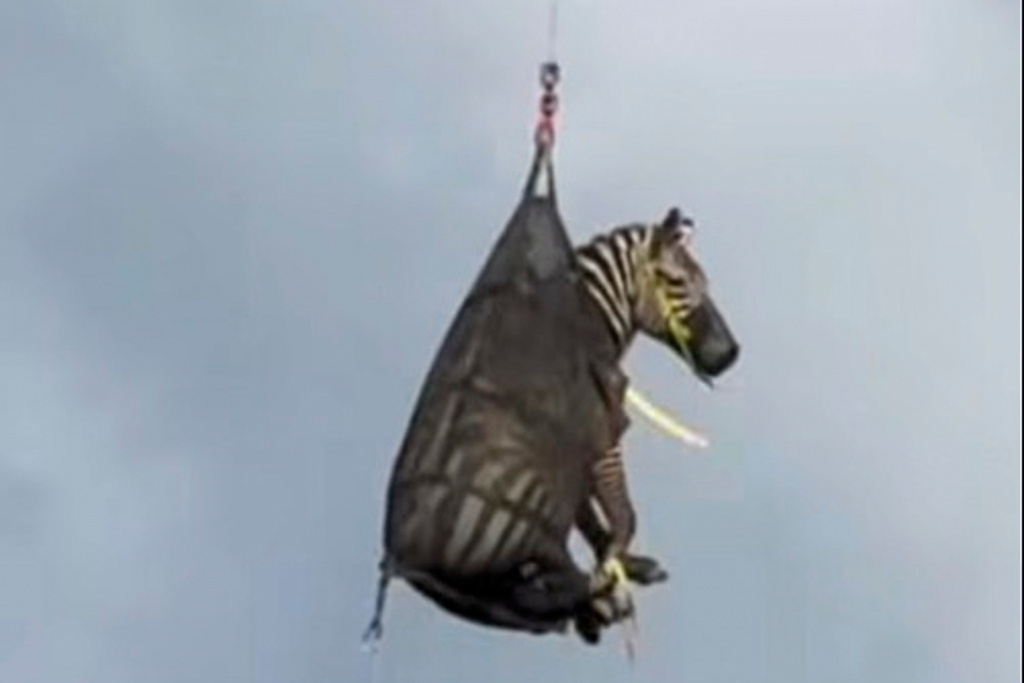Following the discovery of a fatal fetal diagnosis, Kate Cox, a pregnant Texas woman, filed an emergency lawsuit in Texas seeking to end her pregnancy. After Roe v. Wade was overruled last year, this is the first case of its kind to be filed in the United States. Cox, a 31-year-old woman from Dallas, was identified as having full trisomy 18, a chromosomal disorder that typically results in death either before or shortly after birth. According to the lawsuit, if Cox carries the pregnancy to term, she will be more likely to experience complications from anesthesia and cesarean section, diabetes, and gestational hypertension.

On November 28, Cox was given the diagnosis. That same day, the Texas Supreme Court heard arguments in the historic case of Zurawski v. Texas, which contested the state’s abortion regulations for pregnancies with complications. The lawsuit, which asks whether the state’s abortion restrictions extend to women bearing non-viable pregnancies like
Cox’s, is presently being heard by the Texas Supreme Court. A Travis County judge had previously decided that patients with fatal fetal diagnosis or those with life-threatening medical issues should not be covered by the legislation. The state contends that the legislation is unambiguous and forbids abortions in situations in which the fetus has little chance of surviving after delivery.
Arguments in a case involving twenty women seeking abortions have been heard by the Texas Supreme Court. The state has argued that the women do not have the legal right to sue. A woman who is actively pursuing an abortion due to a fatal prenatal defect has the legal right to sue the attorney general for her particular case, according to Assistant Attorney General Beth Klusmann. Whether or not the state intended to enforce it under those circumstances would be the defense. The complaint challenges the state’s abortion statute under the ultra vires doctrine in light of the precise deadly diagnosis that the plaintiff has, in accordance with the model Klusmann presented to the justices last week. The case requests a temporary restraining order from the judge, preventing Cox, her husband Dr. Daml
a Karsan, and her staff from being subjected to Texas’ abortion prohibitions. In addition, a declaratory judgment that states individuals with urgent medical issues are exempt from the state’s abortion restrictions is requested in the action.

 Unlike in the Zurawski case, a ruling granting a temporary restraining order cannot be directly appealed by the Office of the Attorney General. But the state might ask a higher court to step in with a writ of mandamus, which could mean that Cox’s abortion request is denied. Other patients would have to go to court because the temporary restraining order would only apply to Cox’s case. A clause permitting lawsuits for assisting or abetting abortions is included in the state’s innovative prohibition on abortions performed after six weeks of pregnancy.
Unlike in the Zurawski case, a ruling granting a temporary restraining order cannot be directly appealed by the Office of the Attorney General. But the state might ask a higher court to step in with a writ of mandamus, which could mean that Cox’s abortion request is denied. Other patients would have to go to court because the temporary restraining order would only apply to Cox’s case. A clause permitting lawsuits for assisting or abetting abortions is included in the state’s innovative prohibition on abortions performed after six weeks of pregnancy.




























